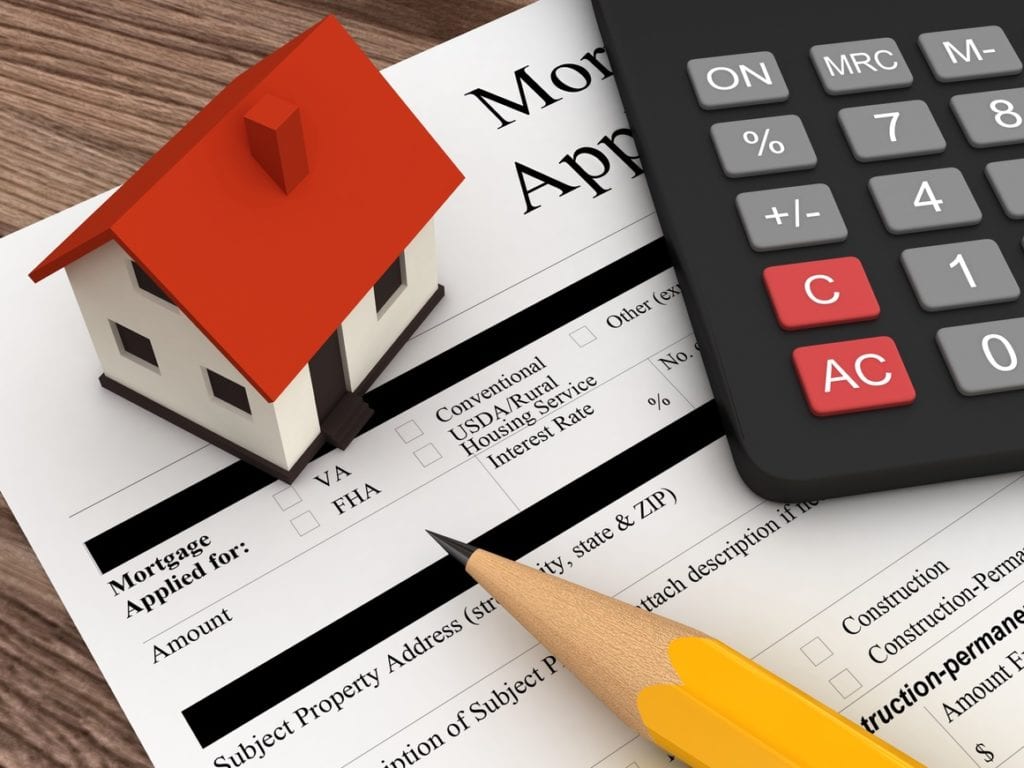 The most crucial aspect of the homebuying process is financing. If you’re like most homebuyers, you will likely finance the purchase with a mortgage, and in many cases, finalizing the mortgage takes up a considerable amount of time.
To avoid delays and unexpected problems down the road, it’s best to start early and prepare all required documents as soon as you can.
Here’s a guide to the documents you will need to complete your mortgage application:
The most crucial aspect of the homebuying process is financing. If you’re like most homebuyers, you will likely finance the purchase with a mortgage, and in many cases, finalizing the mortgage takes up a considerable amount of time.
To avoid delays and unexpected problems down the road, it’s best to start early and prepare all required documents as soon as you can.
Here’s a guide to the documents you will need to complete your mortgage application:
Income Verification Documents
Mortgage providers will want proof that you have a stable and consistent income, and can make your mortgage repayments. These are the documents you need to provide as proof of income:- W-2s and Income Tax Returns in the last two years If you don’t have copies of your W2s, ask for them from your employer (or employers) or the IRS. If a good portion of your income comes from overtime pays or bonuses, your chances of obtaining a higher loan and better terms will improve if these extra incomes are reflected in your W2s and tax returns. If there’s a gap in your employment history over the last two years, the lender might ask for a written explanation.
- Pay stubs While your W2s demonstrate stability in your income in the last two years, pay stubs serve as proof that you are currently employed and have the ability to pay your mortgage payments.
- Requirements for self-employed individuals If you’re self-employed and are not receiving a W2, you’ll need to present copies of your income tax returns, both personal and business, and the Form 1099s you submitted in filing taxes. You will also be asked to provide a profit and loss statement for the most recent year, a Year-to-Date statement, and a list of business debts.
- Requirements for seasonal employment If you’re engaged in a seasonal job or business, such as farming and construction, and are receiving unemployment benefits during off-season periods as a norm, the lender will also require transcripts of these incomes and will check if these were included in your income tax returns.
- Proofs for other sources of income
Lenders will require documentation to verify income sources other than a job, such as:
- Rental income
- Child support or alimony
- Social Security income
- Retirement income
- Long term disability benefits
- VA benefits
- Tips or gratuities
Down payment fund sources
Down payments are typically required in a mortgage, unless you qualify for a zero down payment FHA or VHA loan. To make sure you have the right funding for a down payment, the lender will ask for the following documentation:- Bank statements If you’re using your own savings to fund your down payment, you will need to provide the lender with two to three months’ worth of bank statements. If there are any large deposits made to your account, the lender may ask for a written statement regarding the origin of the funds.
- Gift letters Depending on the loan program, you may fund part or all of your down payment through a gift from an allowed source, such as friends or relatives. You will need to present a letter from the source stating their name, address, your relationship, and the amount they’re giving. The letter also needs to state that the giver is not expecting repayment.
- Letters from assistance programs If your down payment is funded through an assistance program, you also need to present documentation from the program, including a statement detailing where the funds are coming from.
Proof of assets and debts
In applying for a loan, you will be asked to list down all your monthly loan or debt payments, including credit cards, auto loans, student loans, and others. These will be assessed against your assets to determine your debt-to-income ratio. Lenders also need proof to show you’re liquid and that you have enough funds to cover at least two months’ worth of mortgage payments in case something goes wrong. The documentation lenders require include:- Bank statements for the last two months
- Recent retirement or investment account statements, such as IRAs, 401(k)s, stock investments, and similar assets
- Documentation for debts or expenses that may not be reflected in your Credit Report, such as utilities, alimony, and child support
Other documents
Depending on your circumstances, the lender may ask for documentation to support your mortgage application, such as:- Rent payments you made in the last 12 months
- Divorce documents
- Bankruptcy documentation
- Foreclosure documents
